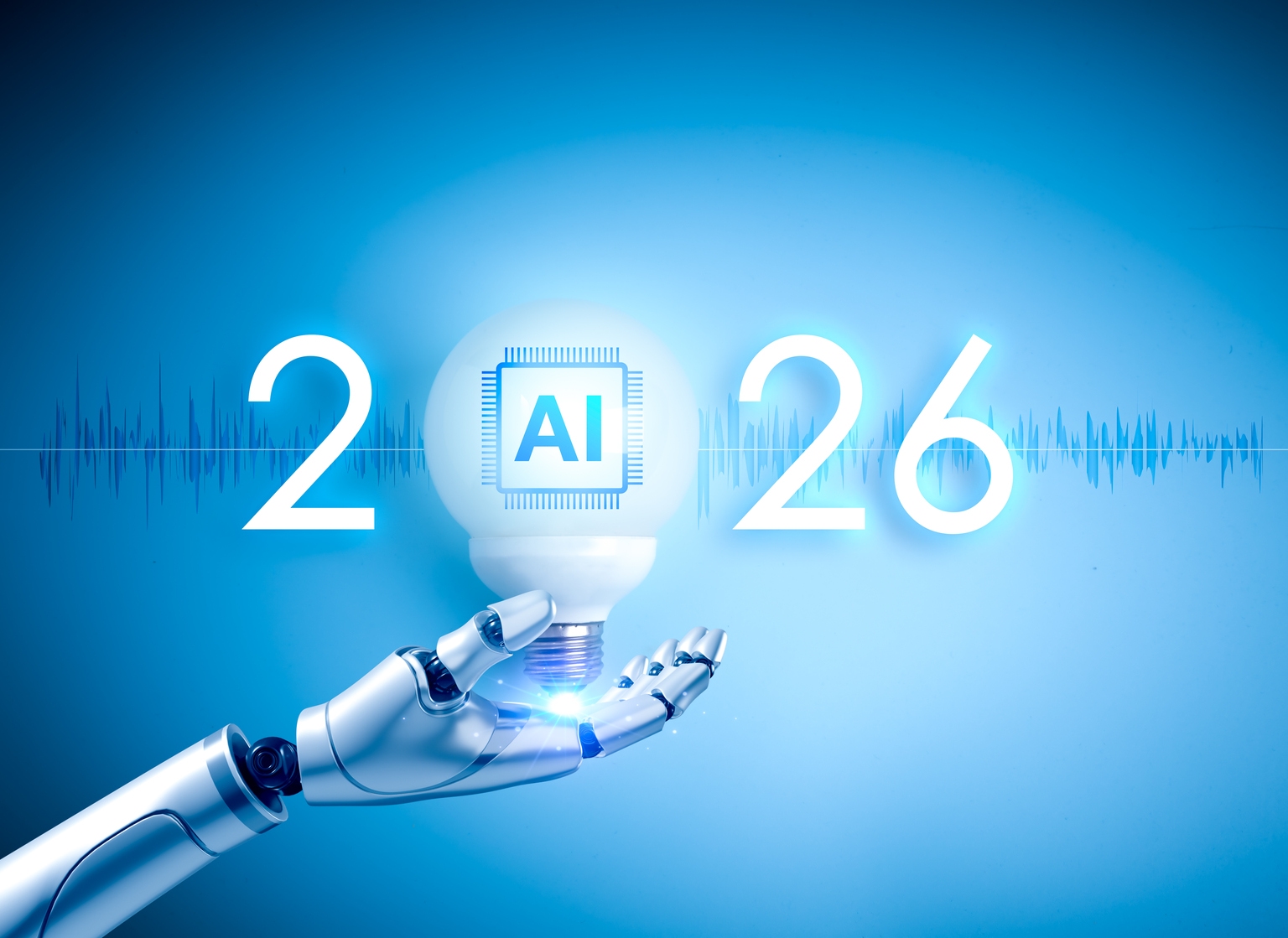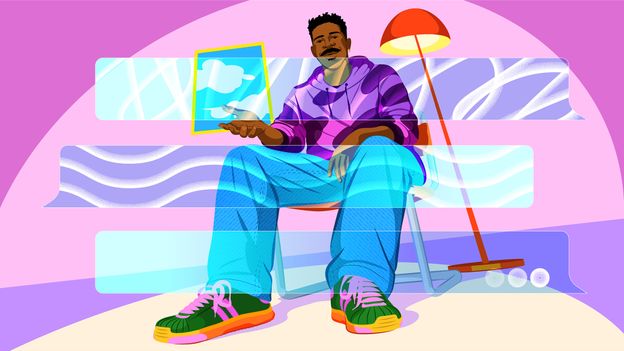全部新闻
为什么中国有这么多机器人IPO
《金融时报》提供各种订阅优惠,包括数字标准年度订阅现价为 299 美元(原价 540 美元),试用价格为 1 美元,为期 4 周,随后每月 75 美元,以及每年 149 美元(原价 409 美元)的印刷版数字订阅。这些优惠让您可以在任何设备上完全访问英国《金融时报》新闻。

印度人工智能初创公司 Emergent 获软银、Khosla Ventures 领投的 7000 万美元融资
印度初创公司 Emergent 已筹集 7000 万美元 B 轮融资,由 SoftBank Vision Fund 和 Khosla Ventures 领投,Prosus、Lightspeed、Together Fund 和 Y Combinator 跟投。该公司在推出后七个月内就拥有超过 500 万用户,年度经常性收入达到 5000 万美元。联合创始人 Mukund Jha 计划利用这些资金扩大旧金山和班加罗尔的研究和工程团队,并开发更多产品并推进编码剂研究。
IonQ 能否成为量子计算领域的 Nvidia?|杂七杂八的傻瓜
Nvidia 在加速计算领域的主导地位是前所未有的,拥有高市场份额和卓越的利润率。投资者正在寻找量子计算领域的下一个重要参与者,类似于英伟达在该领域的地位。IonQ 是一个潜在的候选者,但由于激烈的竞争和新兴行业对立即卓越的需求,面临着重大挑战。虽然 IonQ 使用俘获离子技术,与更常见的超导方法相比具有更高的精度,但考虑到当前的市场动态,复制 Nvidia 的成功将是困难的。

微软纳德拉表示,能源成本将决定哪些国家赢得人工智能竞赛
微软首席执行官萨蒂亚·纳德拉(Satya Nadella)在世界经济论坛上表示,能源成本将决定哪个国家在人工智能竞赛中领先。他强调了将“代币”(人工智能模型的基本处理单位)转化为有效经济增长的重要性。随着微软等超大规模企业大力投资数据中心以支持人工智能开发,纳德拉强调,更便宜的能源资源对于竞争力至关重要。欧洲的高能源成本构成了挑战,纳德拉建议欧洲企业要关注全球竞争力,而不仅仅是主权,才能在人工智能时代蓬勃发展。

中国的人工智能男友业务正在蓬勃发展
26岁的北京艺术系学生Jade Gu在玩乙女游戏后爱上了一个名叫查理的人工智能角色。她利用兴业平台重新创造了查理,该平台允许用户定制人工智能伴侣。顾每天花三个小时与她个性化的查理互动,甚至雇人在现实生活中的约会中体现他的形象。在中国,许多女性在孤独感和量身定制的营销策略的推动下,公开与人工智能男友建立关系。腾讯和百度等科技公司推出了主要针对 Z 世代女性的人工智能伴侣应用程序。然而,更严格的监管旨在防止对此类平台的成瘾和依赖。

你的第一个人形机器人同事可能会是中国人
在上海举行的世界人工智能大会上,展示了宇树、比亚迪等中国公司的各种人形机器人,凸显了与西方同行相比,中国在人工智能机器人领域的快速进步。这些机器人表现出跳舞、拳击和搬运物体等能力,但通常需要人工干预才能完成复杂的任务。专家预测,类人机器人市场将出现显着增长,预计到 2050 年,中国将以 3.02 亿台的数量引领这一趋势。尽管数据收集和准确模仿人手方面仍然存在挑战,但 Unitree 等公司凭借较低的制造成本和快速的迭代速度正在引领这一趋势。美国机器人行业面临着来自中国企业的激烈竞争,但正在寻求通过合作和政府支持来竞争的策略。

客户挑战
网站组件加载失败,可能是由于浏览器扩展、网络问题或浏览器设置造成的。检查连接并禁用广告拦截器;考虑尝试不同的浏览器。

人工智能时代大学有何用处?
这篇文章提出了一个关于人工智能(AI)主导时代高等教育的相关性和方向的基本问题。它强调了学院和大学在应对这一新技术格局时面临的几个关键挑战和考虑因素:1. **从教育转向就业**:传统上,大学专注于传授未来职业所需的知识和技能。然而,文章建议,大学需要在毕业前整合相关工作经验,在学生进入职业生涯方面发挥更积极的作用。2. **人工智能素养与批判性思维技能**:虽然熟练掌握人工智能工具在就业市场中越来越重要,但雇主仍然重视人类判断和批判性思维。教育机构面临的挑战在于平衡这两方面:为学生提供有效使用人工智能的技术技能,同时培养解决问题、沟通和分析思维等基础技能。3. **抵制变革**:由于其传统的结构和学术实践,高等教育历来在适应新技术和社会变革方面进展缓慢。教师们经常以他们所接受的方式进行教学,并拒绝尝试新的方法,例如将人工智能融入课程作业中。4. **整合现实世界的经验**:人们越来越认识到,实习、学徒和其他形式的基于工作的学习对于学生为就业市场做好准备至关重要。然而,由于成本和时间限制,大学和雇主在提供这些机会时都面临挑战。5. **模糊性和不确定性**:随着人工智能迅速改变行业和职业道路,很难预测哪些技能或专业在未来最有价值。这种不确定性使得为学生的教育和职业轨迹提供建议变得更加复杂。6. **举措和政策**:一些机构正在尝试通过俄亥俄州立大学的“AI Fluency”计划等举措来应对这些挑战,旨在确保所有学生对人工智能及其与其研究领域相关的应用有基本的了解。然而,在许多情况下,具体的实施细节仍然模糊。7. **影响高等教育的更广泛背景**:在关注适应人工智能的同时,大学还面临其他紧迫问题,如财务不稳定、入学率下降和联邦资金的变化。在为自动化劳动力市场做准备的同时解决这些问题是一项复杂的挑战。文章最后强调,虽然由于技术的快速变革,工作的未来是不确定的,但学习如何应对歧义可能是学生可以培养的最重要的技能之一。它鼓励利益相关者(学生、家长、教育工作者)以灵活性和适应性为基础,为这一不断变化的形势做好准备。

2026 年十大人工智能股票
在大型科技公司大量投资、行业采用率不断提高以及数据中心需求不断增长的推动下,全球人工智能市场预计到 2033 年将超过 3 万亿美元。提供人工智能软件、硬件和服务的公司预计将受益匪浅。在过去的一年里,人工智能股票的表现优于大盘,尤其是芯片制造商、超大规模供应商和电动汽车制造商的股票。Seeking Alpha 的定量分析确定了 10 只具有强劲投资基本面的强力买入人工智能相关股票。Steven Cress 是 Seeking Alpha 的量化策略主管,负责管理股票和 ETF 量化评级,并领导每月高潜力股票的选择流程。

他们听到了,但他们关心吗?人工智能可以教我们如何更好地倾听
心理学家 Michael Inzlicht 警告说,人工智能公司有可能通过危险的建议以及培养与机器人而不是人类的关系来操纵弱势群体。他建议可以对大型语言模型进行微调,以在对话中引入摩擦,从而提高对他人需求的认识。虽然人工智能可以激发更好的倾听技能,并为那些没有支持的人提供资源,但它无法与以真诚关怀和存在为特征的人际关系的变革力量相媲美。

